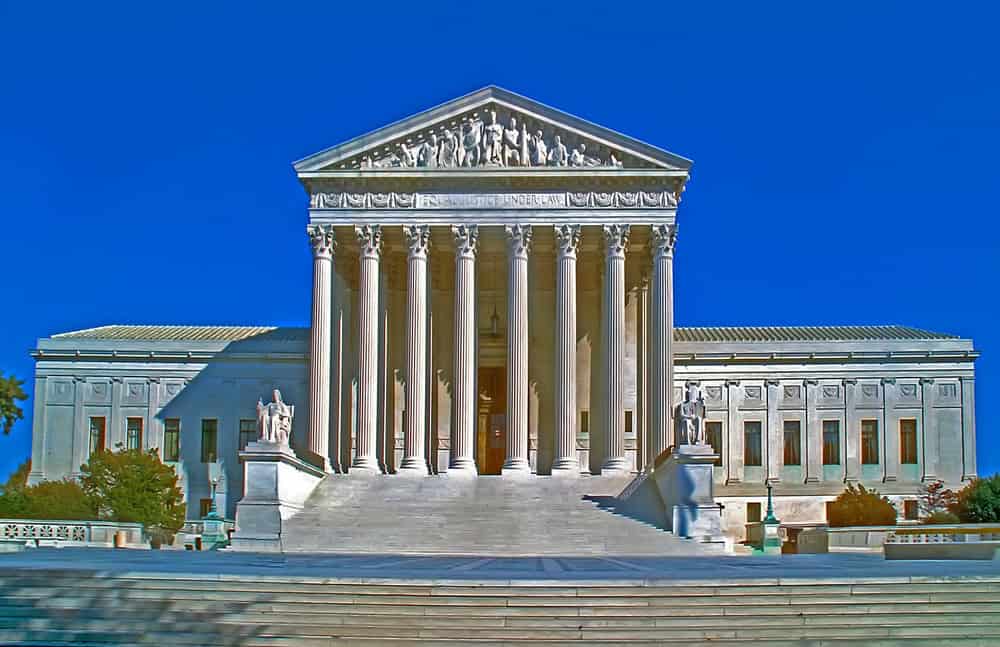In a move reshaping how educational institutions handle sex-based discrimination, a U.S. Supreme Court decision has voided the Biden Administration’s 2024 Title IX revisions, reverting enforcement back to narrower regulations introduced by the Trump Administration in 2020, The Echo reported.
Title IX, a federal law barring sex-based discrimination in educational programs receiving federal financial aid, had been temporarily broadened under the Biden Administration in August 2024. But following the Supreme Court’s January 2025 ruling, those updates are no longer in effect.
As a result, institutions have now returned to the Trump-era version of Title IX. The switch has happened abruptly, moving from Trump regulations in July 2024 to Biden’s policy in August, and back to Trump’s rules by early January. Because the 2024 guidelines were only in place for a few months, the university expects most students and staff to already be familiar with the 2020 policies.
While Title IX is a federal mandate, institutions must also adhere to state laws like California Senate Bill 439, which addresses sex-based misconduct not covered by federal policy. Each time federal regulations shift, the impact is felt across campuses, though universities have limited control over the changes.
Under the now-overturned 2024 rules, Title IX had expanded the definition of discrimination to include gender stereotypes and allowed schools to address hostile behaviors even without a formal complaint. The 2020 version of Title IX, now back in effect, restricts its scope significantly. It limits covered misconduct to behaviors like quid pro quo harassment, dating or domestic violence, stalking, and sexual assault. It also applies only to conduct occurring within the United States between members of the campus community.
Because of this narrow scope, certain behaviors—such as inappropriate sexual jokes or other non-violent forms of harassment—no longer qualify under federal Title IX. However, California’s SB 439 fills in some of those gaps by allowing institutions to address a broader range of unwanted sexual behavior.
If a student’s experience doesn’t meet the strict requirements of the federal rule, university staff can still take action through SB 439.
The coordinator added that while the 2020 Title IX policy may seem to exclude a majority of reported behaviors, that perception doesn’t reflect reality on campus. The university is actively using both state and federal laws to address all reported concerns, and students are informed which policies apply in each case.
Universities by and large do not tolerate sex-based discrimination or harassment, whether the behavior occurs on or off campus.




